Microsoft tries to lighten the copyright lawsuit from The New York Times
The battle to limit AI companies from using public data, continues
3 min. read
Published on
Read our disclosure page to find out how can you help Windows Report sustain the editorial team. Read more
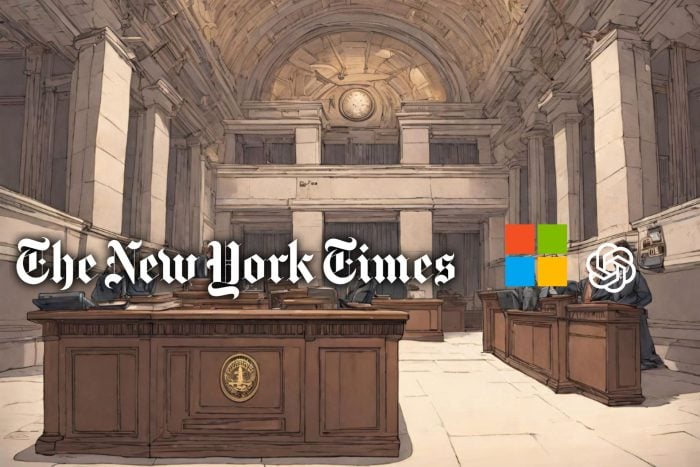
On 27 Dec 2023, The New York Times sued OpenAI and Microsoft for copyright infringement. While the news publisher is the first to sue the two companies, it is not the last.
However, Microsoft is trying to lighten the suit by claiming that using their data is legal. After all, their chatbots generate content based on it without replying to it directly. Yet, that wasn’t the case, as The New York Times showed.
Unfortunately, if Microsoft wins the copyright lawsuit, it could possibly lead to smaller publishers losing legal battles against AI companies. As a result, they will also suffer significant losses. In addition, if you are a commercial customer who uses the Copilot service, Microsoft will legally defend you against copyright lawsuits.
Who owns copyright in AI?
If AI generates content alone, it won’t benefit from copyright protections due to the lack of human authorship. After all, the content is public, and the AI might replicate the answers it gives you to someone else. However, Microsoft is trying to lighten the copyright lawsuit by stating that the content they use to train the large language models (LLMs) is also public.
Unfortunately, chatbots also compete with news outlets, and many of us consider them a reliable source of information. However, Microsoft claims that they are not causing any harm to the news publishers. Furthermore, The New York Times seems to have no evidence of any actual damage. On the other hand, the news publisher told the court that if people can get the information from their site from the chatbot, they will lose revenue. After all, users will stop using referral links.
Neither Microsoft nor OpenAI denied copyright allegations. After all, they might use millions of articles to train their LLMs. However, Microsoft compares their LLMs to video cassette recorders and claims they face a similar problem. Yet, Ian Crosby, the lead counsel for The Times in this case, said that VCR makers never needed to infringe copyright protections to build their products.
Ultimately, the copyright lawsuit is trying to limit companies like Microsoft to copy content without consent or remuneration. Furthermore, depending on the results, more or less content creators could benefit from this by suing against copyright infringements. However, if The New York Times loses the lawsuit, smaller news outlets and publishers might think twice before going to court.
What do you think? Should Microsoft at least offer remuneration in exchange for the data they use? Let us know in the comments.
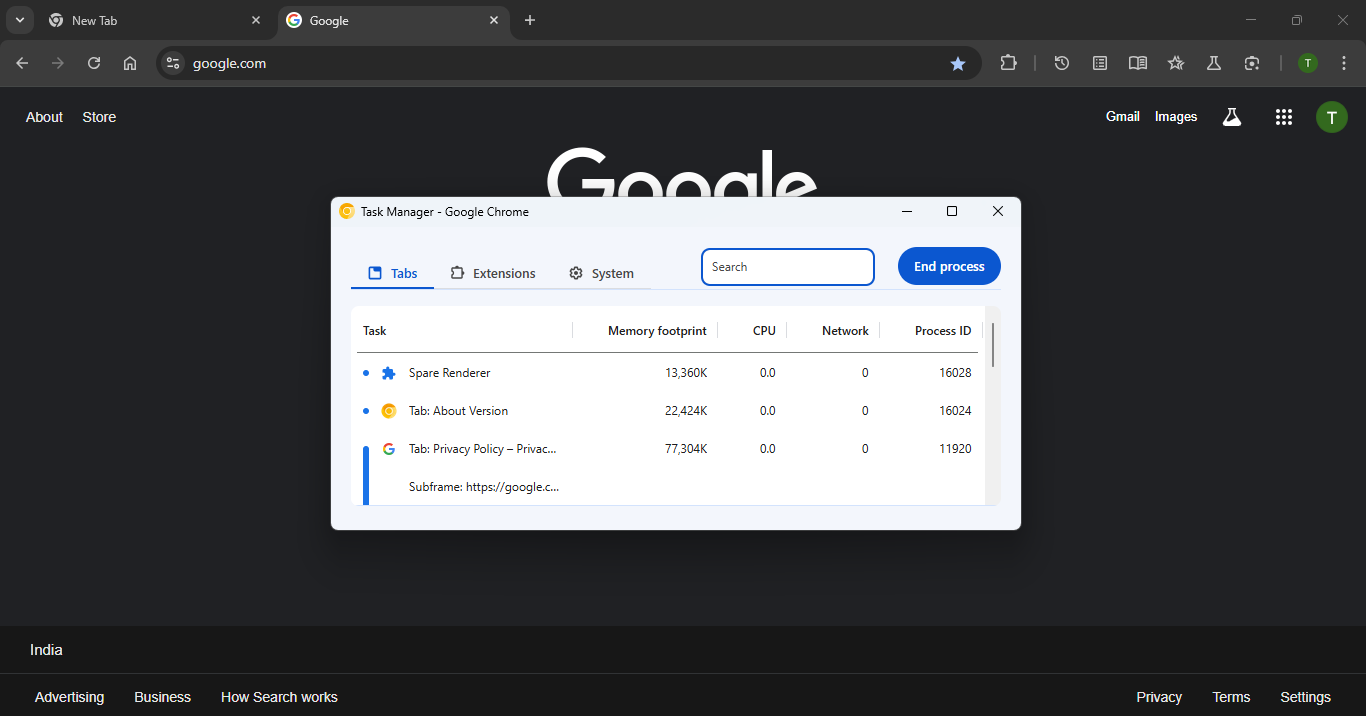
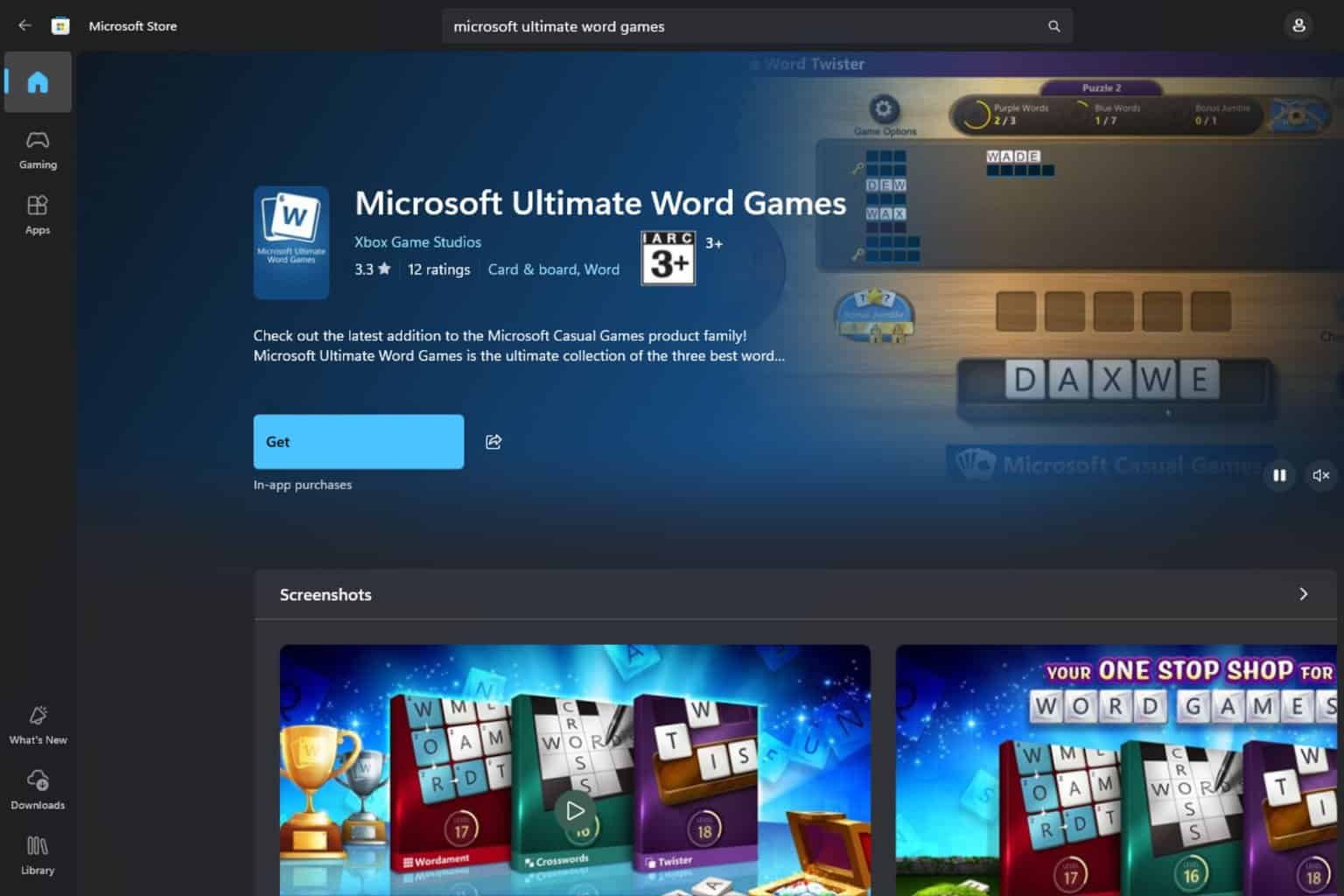
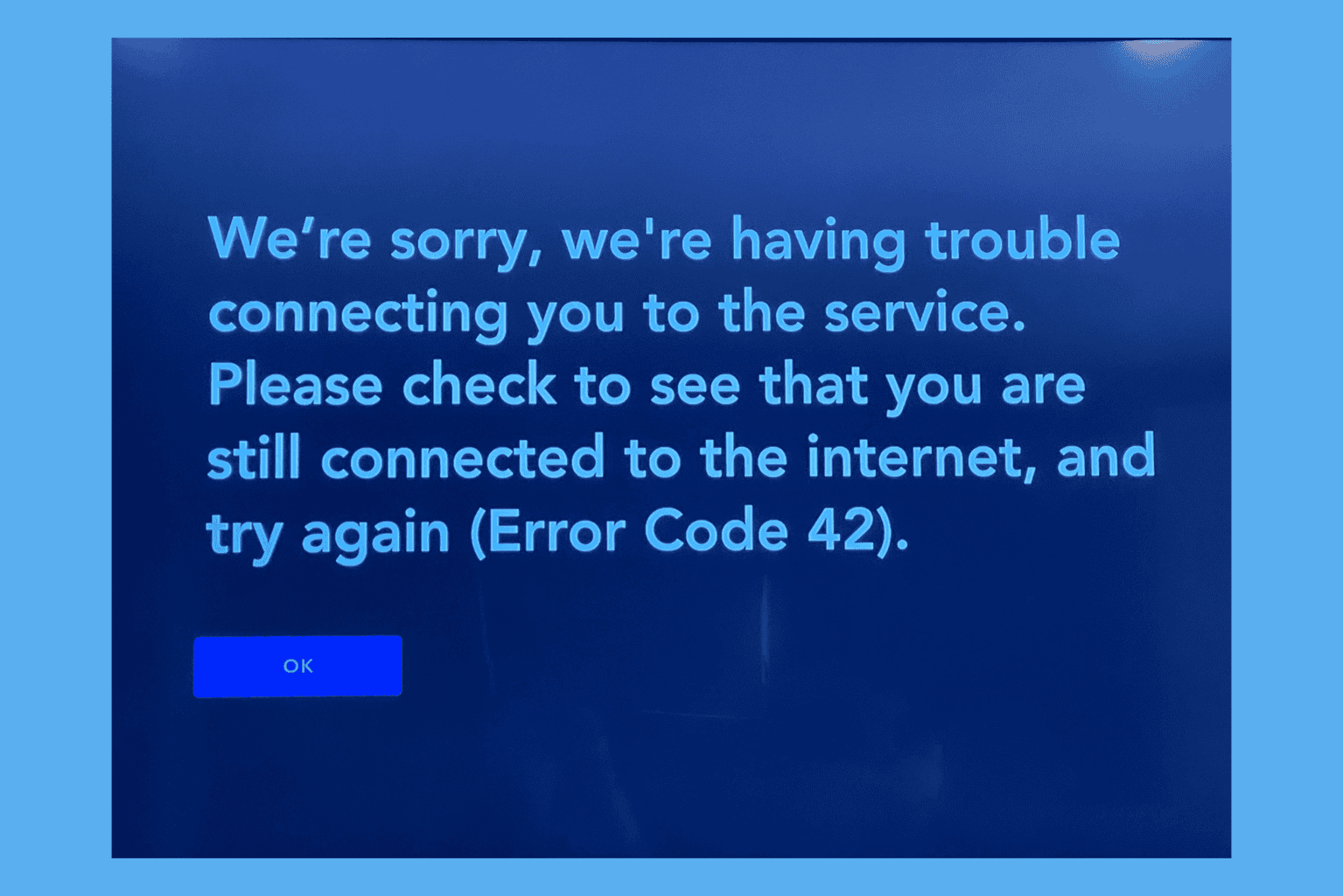
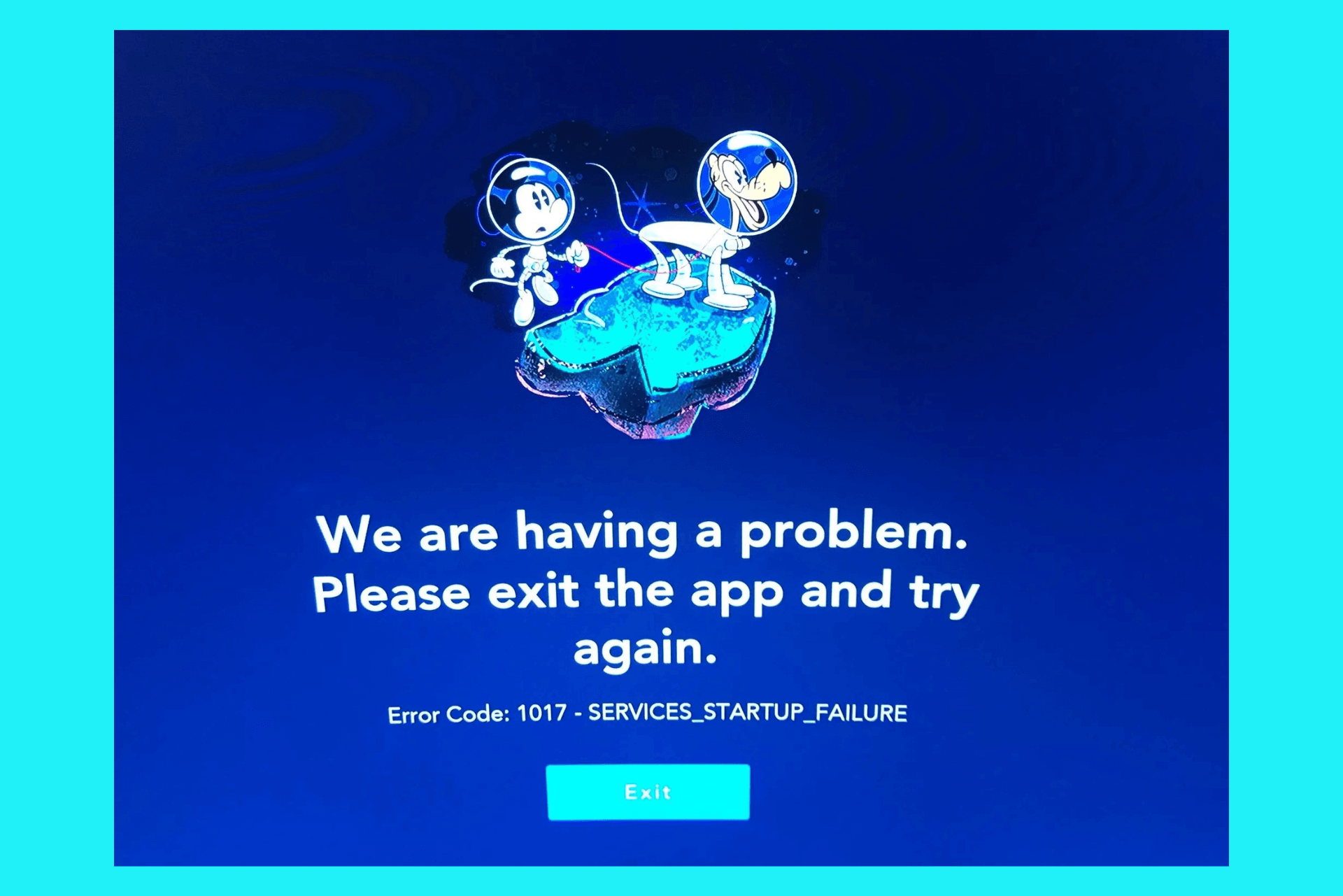
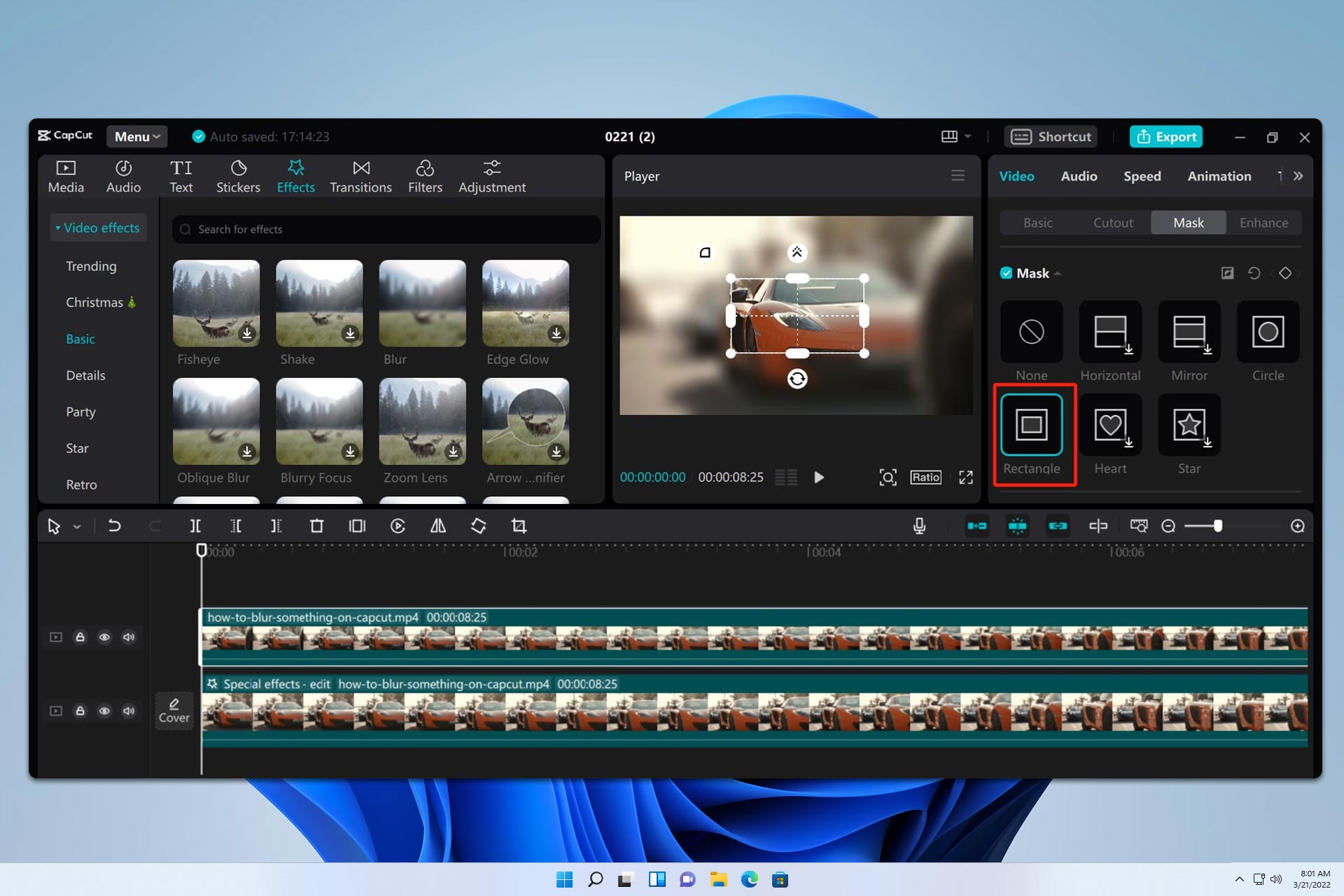
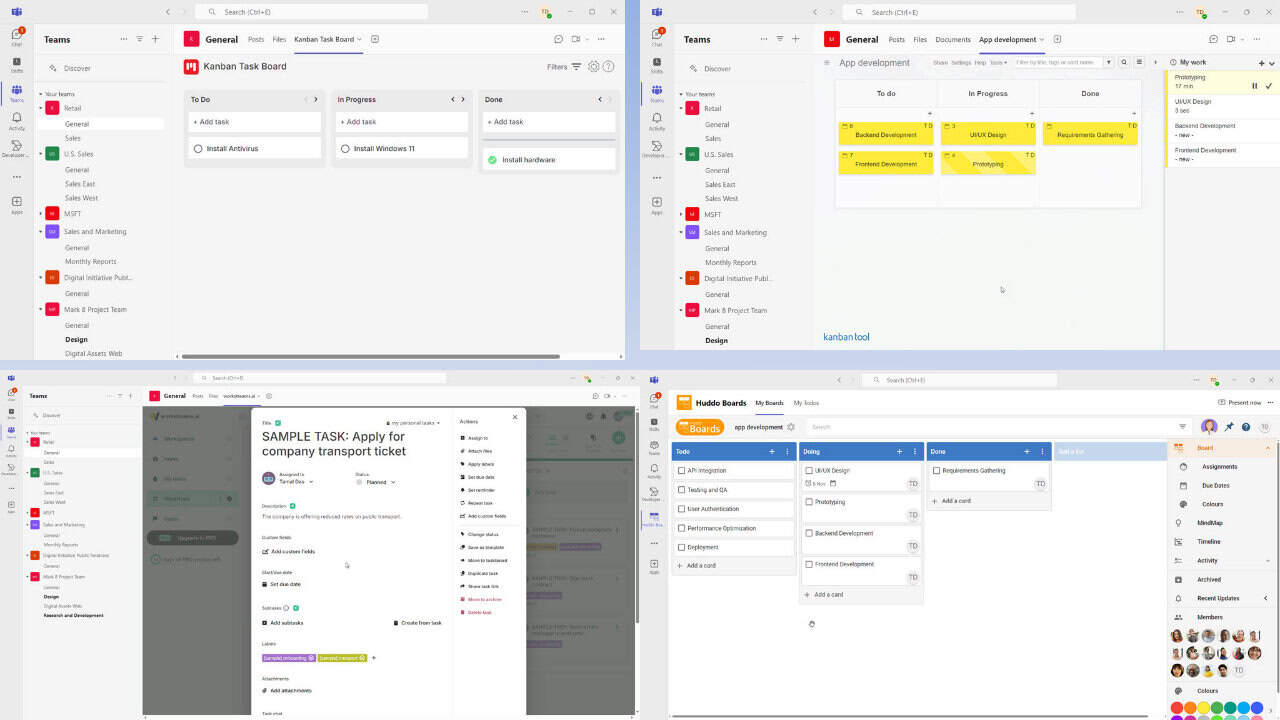

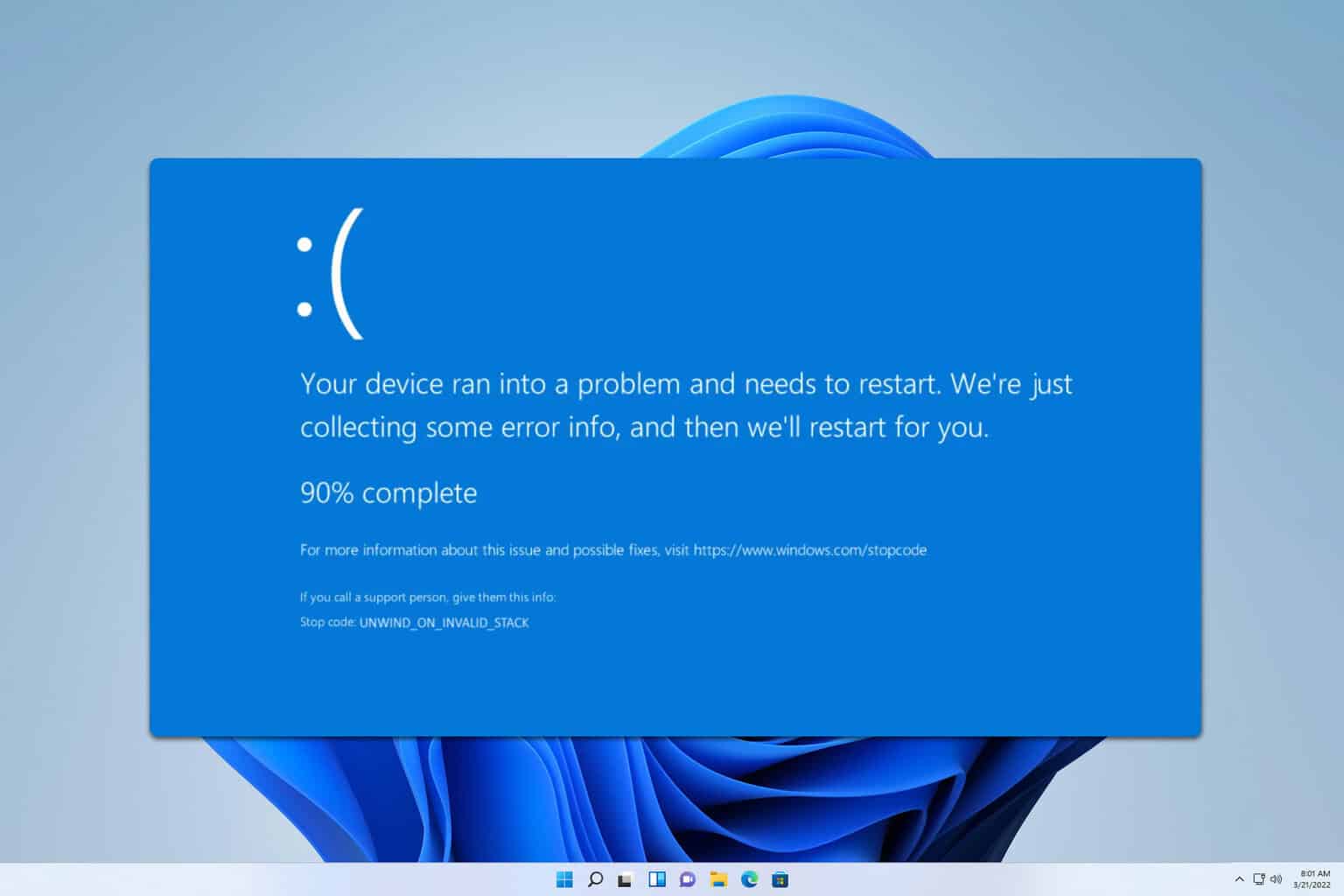
User forum
0 messages